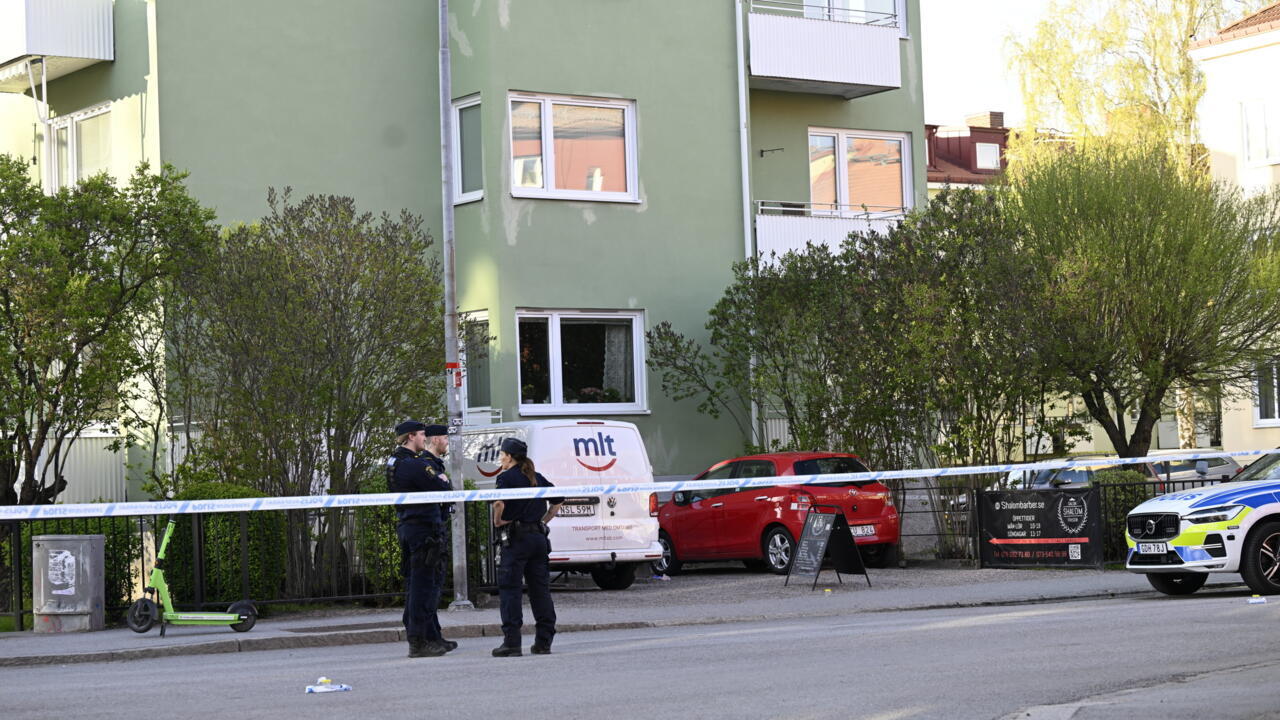India’s Supreme Court on sexual assault of child has put on hold a recent high court court which said that “grabbing [the] breasts” of a girl and breaking off the drawstrings of her lower garment could not be considered an attempt to rape.
The Allahabad high court had ruled last week that the offence could only be described as “aggravated sexual assault”, which involves a lesser punishment.
The top court judges said some of the comments in the high court order depicted “a total lack of sensitivity” on the part of the judge who wrote it.
The high court ruling led to outrage in India.
On Wednesday, the two-judge Supreme Court bench of Justice BR Gavai and Justice Augustine described the 17 March order as “shocking”, especially since it was not delivered “on the spur of the moment” but had been well thought through after being reserved for four months.
The top court has now sent notices to India’s federal authorities and state government in Uttar Pradesh, where the court in Allahabad (now called Prayagraj) is located.
According to the prosecution, the case involves an 11-year-old girl whose mother has alleged that the two accused offered a lift to her daughter on their motorbike, promising to drop her home.
She sent the child with the men who were from the same village and known to them.

“The accused persons stopped their motorcycle on the way to the village and started grabbing her breasts,” the high court order said, adding that one of the men dragged her beneath a culvert and “broke her pyjama [lower garment] string”.
She was rescued by some villagers who were passing by and were alerted by her cries for help, forcing her attackers to flee.
The accused have denied the allegations against them.
The high court ruling was based on the argument that “attempt to rape” was different from “preparation”, legal website Live Law reported, quoting from the high court order.
“The prosecution must establish that it had gone beyond the stage of preparation. The difference between preparation and actual attempt to commit an offence consists chiefly in the greater degree of determination,” the order said.
The controversial ruling led to outrage in the country with many describing the judgement as “atrocious”.
Senior lawyer Indira Jaising told a TV channel that what happened with the child “goes beyond preparation” and in legal terms “it is attempt to commit rape”.
“How do you prove intent? It is proved by actions that precede the actual act of rape,” she said, adding that the fact that the girl was dragged to a secluded place meant it had gone beyond preparation.
India’s Women and Child Welfare Minister Annapurna Devi told news agency Press Trust of India that “the high court ruling has no place in a civilised society and that it will have an adverse impact on society”.
Tourists leave India
According to one survivor’s testimony, the group was stargazing near a temple when three men arrived on a motorcycle and asked where they could get petrol.
They gave them directions but the men then demanded 100 rupees ($1.15; £0.90) from them.
The group initially refused as they didn’t know the men, but one male tourist eventually gave them 20 rupees.
The men then began arguing with the tourists which led to a confrontation.
The attackers pushed the three men into a nearby river canal before raping the women, Mr Arasiddi said on Saturday.
Two men swam to safety while the third, from Odisha state, drowned.
Police say they have filed a case for attempted murder, robbery and rape based on the survivors’ testimony.
Two suspects were arrested on Saturday while a third man was arrested from neighbouring Tamil Nadu state on Sunday. He is being brought to Karnataka on Monday.
Violent crimes against women continue in India despite tough laws. The 2012 gang rape and murder of a medical student by a group of men in the capital Delhi drew global attention and triggered large-scale protests.
The incident prompted authorities to introduce stricter rape laws in 2013. Yet, tens of thousands of cases are reported each year. The National Crime Records Bureau reported nearly 32,000 rapes in India in 2022.
Experts believe many rapes go unreported because of social stigma, distrust of police and lack of confidence in the justice system.
In 2023, public outrage followed the alleged gang rape of a Brazilian-Spanish tourist in Jharkhand state. The victim and her husband shared their ordeal on Instagram, but later removed their posts.














Leave a Reply